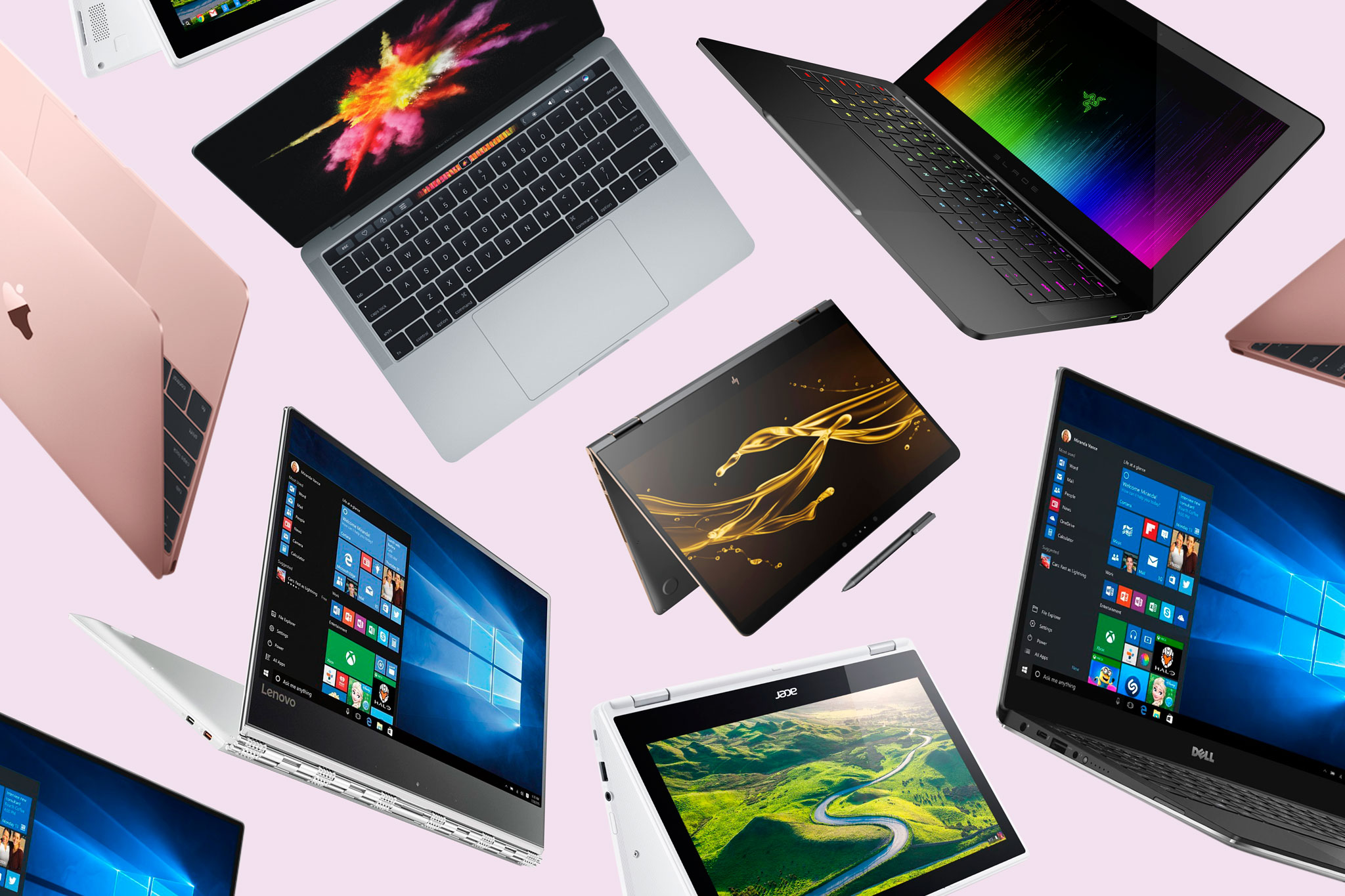Tech
Top 10 types of laptops and their best uses

Choosing the right laptop can be overwhelming given the numerous options available. Here’s a guide to different types of laptops and their specific uses to help you find the perfect match for your needs.
1. Ultrabooks
– Uses: Professional work, travel, general use
– Features: Lightweight, slim design, long battery life, powerful performance
– Example: Dell XPS 13, MacBook Air
– Best For: Business professionals, frequent travellers, students who need portability and performance
2. Gaming Laptops
– Uses: Gaming, high-performance tasks
– Features: Powerful GPUs, high refresh rate screens, advanced cooling systems, RGB keyboards
– Example: ASUS ROG Zephyrus, Alienware m15
– Best For: Gamers, game developers, users requiring high processing power and graphics capabilities
Read Also:
Essential guide to buying a laptop: What to look for
3. 2-in-1 Laptops (Convertible/Hybrid)
– Uses: Versatile computing, creative work
– Features: Touchscreen, convertible design (laptop and tablet modes), often includes a stylus
– Example: Microsoft Surface Pro, HP Spectre x360
– Best For: Creative professionals, artists, those who need flexibility between a laptop and tablet
4. Traditional Laptops
– Uses: Everyday use, work, education
– Features: Standard clamshell design, wide range of specs and prices
– Example: Lenovo ThinkPad, HP Pavilion
– Best For: General users, office workers, students
5. Business Laptops
– Uses: Professional work, business tasks
– Features: Durable build, robust security features, long battery life, often lightweight
– Example: Lenovo ThinkPad X1 Carbon, Dell Latitude
– Best For: Business professionals, remote workers, those who need reliable performance and security
6. Chromebooks
– Uses: Basic computing, web-based tasks, education
– Features: Runs Chrome OS, affordable, lightweight, long battery life
– Example: Google Pixelbook, Acer Chromebook Spin
– Best For: Students, users who primarily use web applications, budget-conscious buyers
7. Workstations
– Uses: High-end computing, professional-grade applications
– Features: Powerful CPUs and GPUs, large amounts of RAM, robust build, extensive connectivity options
– Example: HP ZBook, Dell Precision
– Best For: Engineers, video editors, 3D modelers, professionals requiring high computational power
8. Netbooks
– Uses: Basic tasks, web browsing, lightweight use
– Features: Small size, lightweight, less powerful, affordable
– Example: ASUS Eee PC, HP Mini
– Best For: Basic users, children, those needing a highly portable and inexpensive device
9. Rugged Laptops
– Uses: Fieldwork, industrial use, extreme conditions
– Features: Durable, shock-resistant, often water and dust resistant, long battery life
– Example: Panasonic Toughbook, Dell Latitude Rugged
– Best For: Field workers, military personnel, users needing a robust device for harsh environments
10. Budget Laptops
– Uses: Everyday use, basic tasks
– Features: Affordable, decent performance for the price, good battery life
– Example: Acer Aspire, Lenovo IdeaPad
– Best For: Budget-conscious buyers, students, general users needing a basic laptop
When choosing a laptop, it’s crucial to consider your specific needs and how you’ll be using the device. Whether you need a powerful gaming machine, a portable ultrabook for travel, or a versatile 2-in-1 for creative work, there’s a laptop designed to meet your requirements. Use this guide to help you navigate the various options and find the perfect laptop for you.